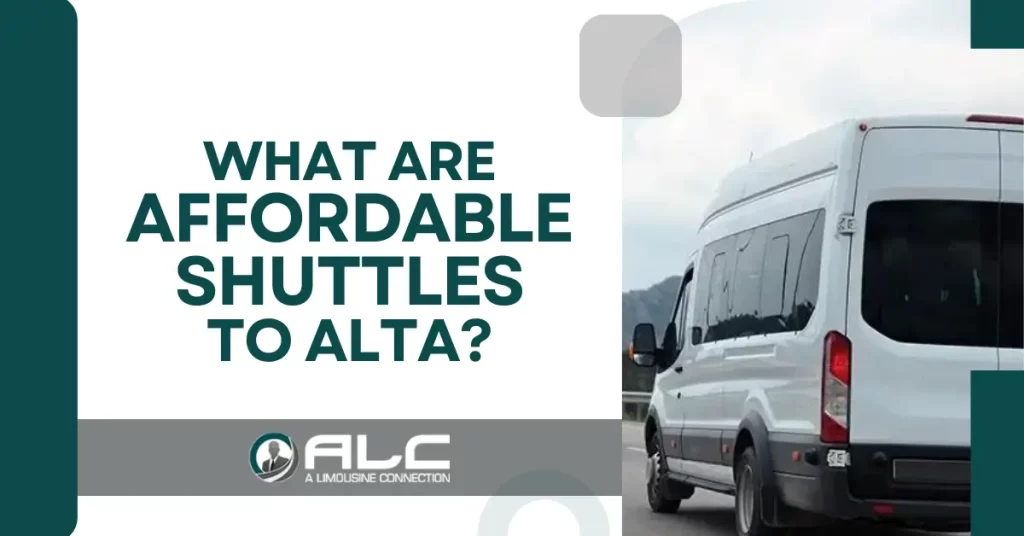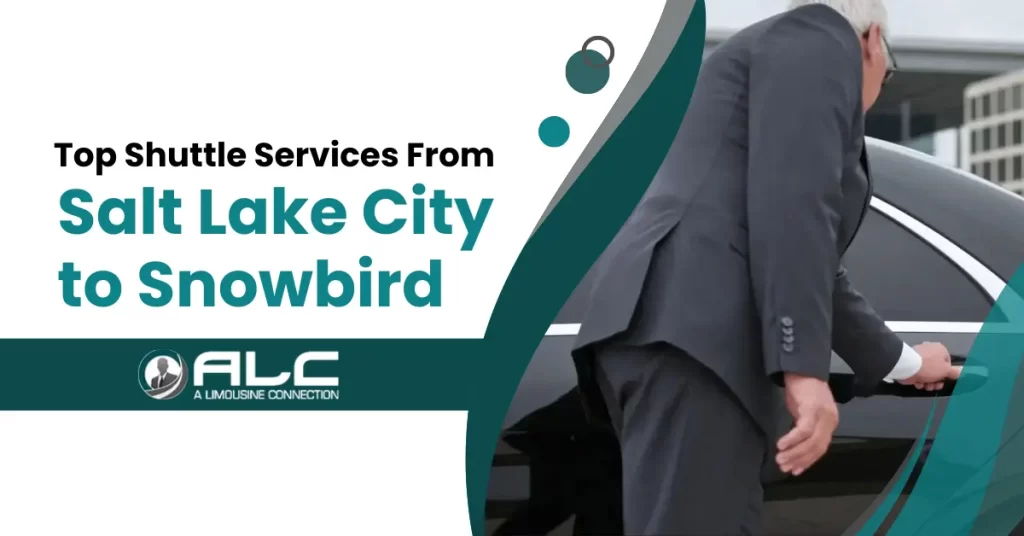Organizing a successful event entails meticulous planning and attention to detail. One crucial aspect that event organizers should prioritize is event transportation management. Efficient and seamless transportation can significantly impact attendees’ overall experience and can make or break the success of an event.
However, despite careful preparations, transport problems can still occur, causing delays and inconveniences for participants. In this blog post, we will explore the top transport problems and solutions to mitigate their impact during meetings and events.
Top 10 Transport Problems and Solutions
Event transportation delays can be caused by various factors, ranging from logistical challenges to unforeseen circumstances. To help you plan and minimize the risk of transportation disruptions, we have identified the following transport problems and solutions:
1. Inadequate Planning and Coordination
Poor planning and coordination are among the primary culprits of transport problems during events. When there is a lack of a well-defined transportation plan, it can result in confusion, delays, and inefficiencies. Failure to consider essential details, such as the number of attendees and their arrival and departure times, can further exacerbate the situation.
To address this, event organizers should invest time in developing a comprehensive event transportation management strategy. This includes conducting a thorough assessment of transportation needs, selecting suitable transport options, and establishing clear communication channels with service providers and attendees.
2. Traffic Congestion and Route Limitations
Traffic congestion and route limitations are other common triggers for transport problems during events. The delays caused by heavy traffic can significantly impact transportation schedules, leading to extended waiting times for attendees.
Event planners can consider several approaches to address the transport problems and solutions associated with traffic congestion. First, depending on the event’s location, they can opt for alternative routes or less congested areas. Second, leveraging technology, such as real-time traffic monitoring and GPS navigation, can help make timely adjustments to the planned routes.
3. Insufficient or Inflexible Transport Options
When the available transport options are insufficient or inflexible, it can result in significant transport problems for event attendees. Limited choices and capacity constraints can lead to overcrowding, long wait times, and difficulty in accommodating the diverse needs of participants.
The key to addressing this trigger is assessing the expected transportation demand and providing options catering to attendees’ requirements. These options can include shuttles, taxis, and private car services.
4. Inefficient Check-in and Check-out Procedures
Delays in check-in and check-out procedures can also contribute to transport problems during events. When the processes for verifying attendees and coordinating their transportation are inefficient, it can result in bottlenecks and extended waiting times.
In addressing these transport problems and solutions, event organizers should strive for seamless check-in and check-out procedures. This can be achieved by integrating transportation arrangements with the overall event registration process. Technology, such as automated check-in systems and electronic ticketing, can further streamline the process.
5. Weather-Related Challenges
Unfavorable weather conditions, such as heavy rain, snowstorms, or extreme heat, pose a significant risk to event transportation. These can result in flight cancellations, road closures, and unsafe driving conditions, causing delays and disruptions for attendees.
To mitigate the impact of weather-related challenges, event organizers should develop contingency plans and closely monitor weather forecasts. Proactive communication with transportation service providers and attendees is essential to provide timely updates and make necessary adjustments.
6. Lack of On-Site Support and Communication
When there is a lack of on-site support and communication for transportation matters, it can lead to confusion and transport problems. Attendees may struggle to find their designated transportation areas when seeking assistance for changes in their travel plans.
To address this trigger, event organizers should ensure the presence of dedicated staff at transportation points to address attendee concerns. Establishing a communication mechanism, such as a helpline or on-site mobile app, can also enable attendees to receive real-time transportation updates.
7. Last-Minute Changes and Cancellations
Last-minute changes, such as alterations to the event schedule or unexpected cancellations, can lead to disruptions and delays. These changes may require rescheduling or, in some cases, entirely new event transportation services.
To minimize the impact of last-minute changes, event organizers should maintain open lines of communication with transportation service providers. Promptly communicating any changes to the affected attendees and efficiently coordinating revised transportation arrangements are crucial for mitigating the risks.
8. Transportation Provider Issues
Disruptions in transportation services can also occur due to various issues from the service providers. These can include late arrivals, poor vehicle maintenance, and inadequate staffing.
Event organizers can reduce the risk of such disruptions by carefully selecting reliable and well-established transportation providers. Prioritizing those with a proven track record of punctuality and quality service is essential.
9. Security Considerations
Security considerations can sometimes result in additional layers of scrutiny and checks, leading to delays in transportation for events. This is particularly true for gatherings that attract high-profile individuals.
To mitigate the potential disruptions, event organizers should collaborate closely with security personnel and transportation providers. Ensuring that the planned transportation arrangements align with the overall security strategy is essential.
10. Budget Constraints
Lastly, budget constraints can impact the quality and reliability of event transportation services. When insufficient funds are allocated for transportation, there is a higher risk of compromising on essential elements, such as service quality and backup options.
To avoid significant disruptions resulting from budget constraints, event planners should prioritize allocating adequate resources for transportation. It is advisable to conduct a cost-benefit analysis to ensure that the chosen transportation services align with the overall event objectives and attendee expectations.
Key Takeaway
Efficient event transportation management plays a vital role in the success of any gathering. To ensure a seamless experience for attendees, event organizers should proactively address transport problems and solutions. This includes careful planning, flexible transport options, and clear communication with service providers and attendees.
Moreover, in the face of unpredictable factors like weather conditions, having contingency plans can significantly minimize the impact of disruptions. Lastly, budget considerations should not be overlooked, as they can influence the quality of event transportation services.
Ensure Smooth Transportation for Your Events With A Limousine Connection!
Don’t let transportation mishaps ruin your big day! At A Limousine Connection, we understand the significance of reliable event transportation services in creating a positive guest experience.
If you’re looking for meetings and event transportation in Solitude, UT, our team is ready to provide you with the highest level of comfort, convenience, and on-time arrivals. Book our services today!





